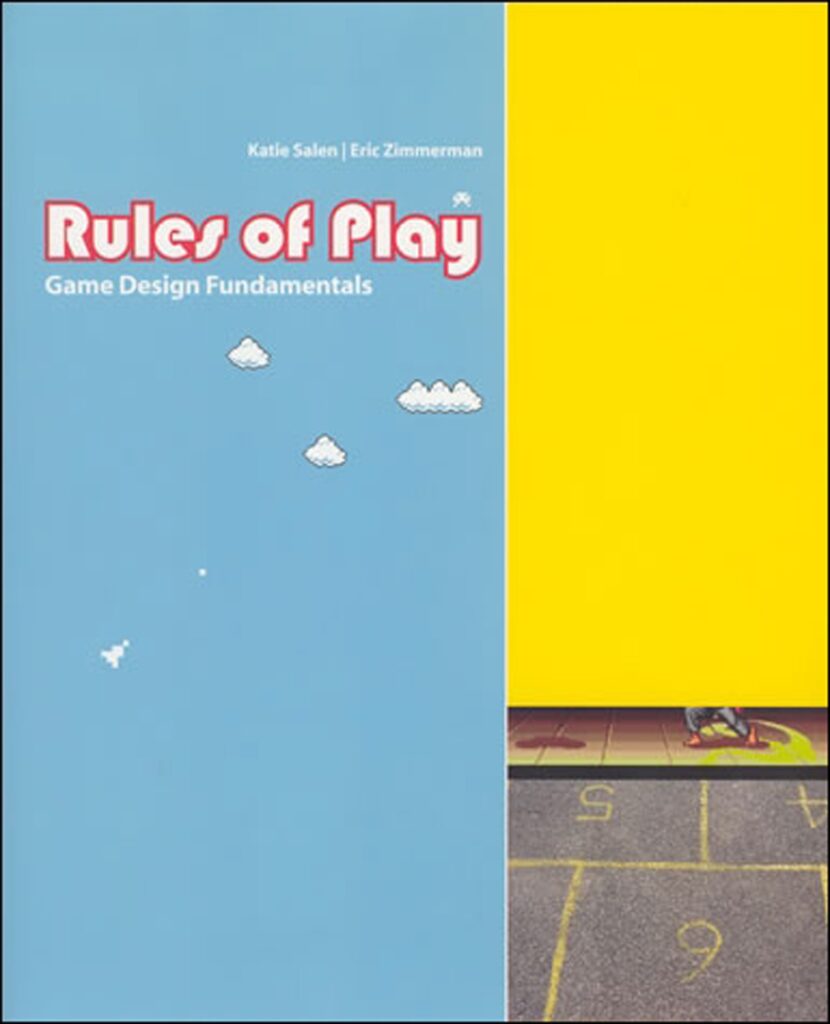When I chat with people in my industry, I see that there is some confusion about the freelance career.
- The first is that people decide to freelance when they can’t find alternatives. A stopgap solution.
- The second is that it is better to specialize a lot to become more recognized as a professional.
- The third is that we serve when there is too much work to do and generally for secondary tasks.
Well, like all myths, all the points mentioned have a basis of truth.
A stopgap solution?
I started to freelance because I couldn’t adapt to the typical “job application -> first interview -> test -> ghosted” loop, back in 2016. Instead of wasting time with processes that in 80% of cases lead to nothing, I decided to start creating value.
I decided to devote myself to being a game designer, first on personal projects. Fictional ones. Every day I dressed up, put my clock on, and started working imagining I was earning money for that. Fake it until you make it is about that! I started sharing everything online, I decided to be the best game designer I could possibly be. The first contacts arrived, from companies that had ghosted me! “Hey, would you be interested in a small commission?“.
So yes, at first it was definitely a stopgap solution. But then one discovers that there is a great hidden value. It is not for everyone, I had my fathers supporting me. Otherwise it would have been impossible.
Better to become a specialist?
For me, game design is divided into narrative, level, system, and gameplay. In f2p mobile, the words “system” and “gameplay” are very often changed for “economy” and “UX”. I do everything.
- I write dialogues and conceptualize worlds.
- I craft levels in the engine documenting everything.
- I create systems and economies using simple and understandable spreadsheets.
- I create wireframes, mock-ups, and flows based on player narratives.
I don’t want to specialize in anything, because it’s not convenient in my case. If you are “the level designer that made the most successful levels in <insert famous game name>“, go for specialization. But I have not (still) had the opportunity to work on a super successful game. And most of the professionals are the same. I prefer to be a Swiss knife, that way my life is more interesting and I get more assignments.
It is true that there are very capable specialists who earn even more. But it is not the only possible way.
Just for marginal tasks?
The third point also has some truth. The first contact comes either from startups or from bigger companies that are overworked. However the clients that remain are those who understand my potential, with whom I have established a relationship.
Having an external expert person in the first place costs less. Secondly, it can help you in case you can’t find the right seniors. Thanks to remote work, I can supervise the work in places where senior professionals don’t go to live. So, in practice, by paying me 1-2 days a week you save the money of a manager (who may even slow things down, if not the right one).
Is freelancing good?
Freelancing is not for everyone and not for every lifestyle. I lead a fairly austere life, without too many frills. But we bring a lot of value. Very often, people who have worked for a company for many years know how to work just for that company. I see everyday the problems of many different realities, so my perspective is broad and I can be faster than normal.
And the extra speed always has consequences, on the body and on the mind. Nothing is free. Some final hint:
- Learn as many languages as possible. I speak 5 languages. Languages open a lot of opportunities.
- Never stop learning. My Udemy is always ON and when I can afford I take extra courses.
- Create connections with service providers to speed up your job. You need partners, as any business.
- Avoid every kind of friction with people. If you don’t agree with something, say it. But avoid talking bad about people.
- You need to make professional contacts. Lots of them. Prepare your strategy.
